|
Writer's block. Two simple words that conjure horror-like images and feelings in any writer. The thought of the ideas ceasing to flow, the words not sitting right on the page--it's terrifying. The worst part about it is it can come at any time...and sometimes it feels like it will last forever. Writer's block is something you can choose to overcome, however. Whether you're a blogger, a novelist, or an aspiring author, there are simple ways I've found to beat the block. 1. Go for a walk.I heard many authors talk about this and thought it was rubbish...until I tried it. There's something about fresh air and quiet that stirs the creativity. I've had some of my best ideas developed while walking, and I've solved many plot holes during a stroll with Henry. Get out of the house and take in the peace and quiet. You'll be surprised--sometimes the ideas you need are there already. You just need a space to listen to them. 2. Switch to another work.When I feel myself losing steam on a novel, I'll briefly switch to an article, a blog post, or even a short story. Sometimes mixing the genre up can help, too. Just make sure you don't take too long of a break and you do go back to it. Sometimes setting it aside for a short period of time, though, can jog your creativity. 3. Talk about your plot holes/ issues with a trusted friend.Sometimes writer's block happens just because you have a difficult plot situation or issue to deal with. Writer's block is our way of putting the problem aside because we don't know how to fix it. I've found talking through the plot can sometimes lead to an idea. My husband is not a writer or even a reader. However, I've solved many plot issues and got "unstuck" on a story just by talking about it with him. Sometimes a person who isn't deeply involved in the writing can help you see a solution you couldn't. It is hard to be objective as a writer--we are our own worst critics. A fresh eye might or listening ear may be able to help you overcome doubt and confusion, which can ultimately help you beat writer's block. 4. Read a book.If you can't write, do the next best thing--do some reading. I think of each book I read, no matter what genre, as research and skill building for my writing. Every book teaches me new techniques, new styles, and new ideas. It's nice to step into the reader's perspective now and then. So take a break from your writing and do some reading. You might just find it inspires you to get back to it. 5. Keep your goals in mind.When I get frustrated and want to succumb to writer's block, I think about my writing goals. I think about all of the successes I've had so far, and I usually get inspired to push through.
Writer's block can be crippling. It can make you question your dedication, your skill, and even your reasons for writing. However, keeping a bulletin board with your goals, dreams, and writing aspirations can help you remain focused. Writer's block happens to all of us. It is the truly dedicated author, however, who can push through to get to the other side. If you still need inspiration, check out this guide from NYT bestselling author Jerry B. Jenkins. It will help you get past writer's block for sure! Lindsay Detwiler is the author of five contemporary romance novels, a contributing blogger for The Huffington Post, and a high school English teacher. Visit her on Facebook or email her at [email protected].
0 Comments
|
*As an Amazon Affiliate, I get a small fee for any books purchased through the links below.
Archives
May 2024
Categories
All
|





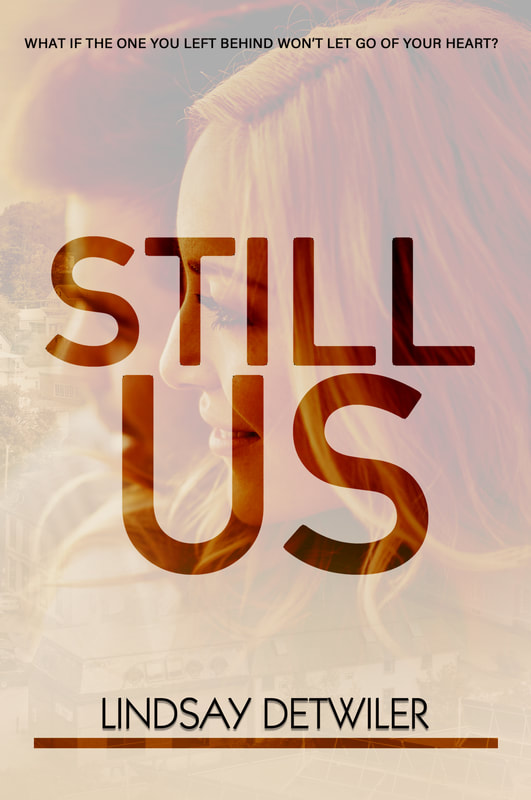

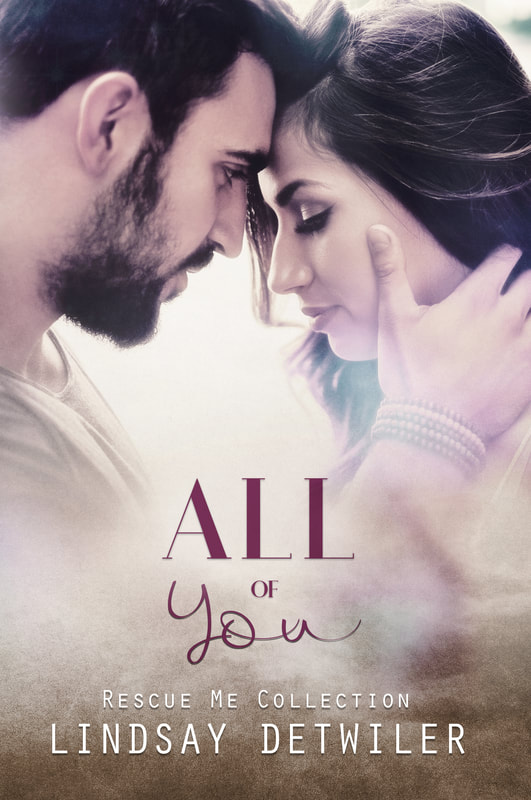

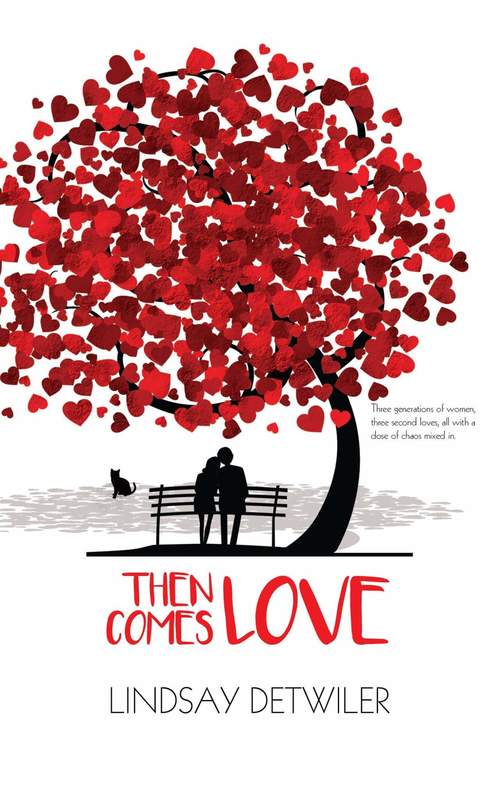

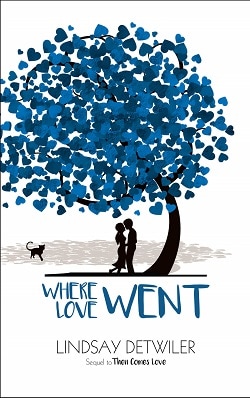
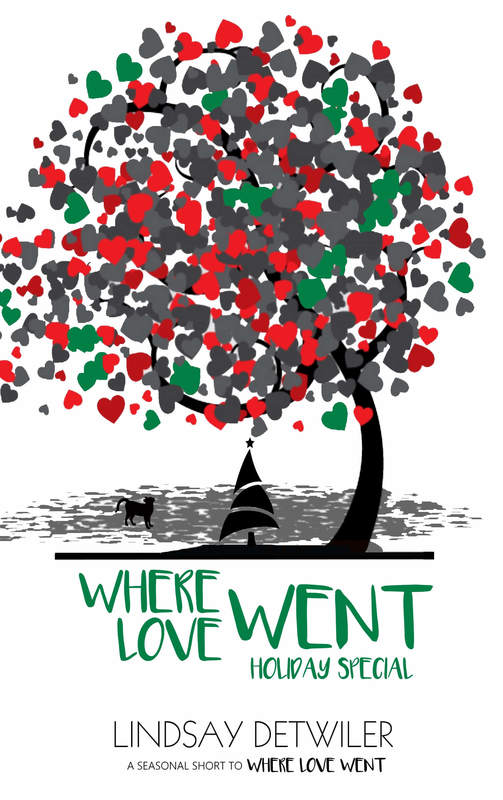

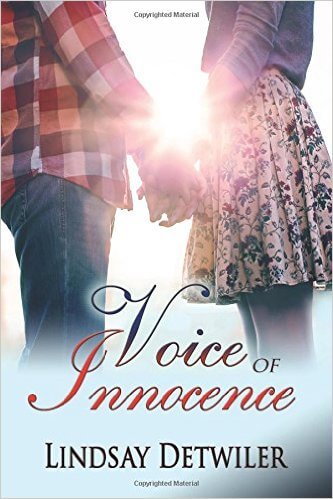
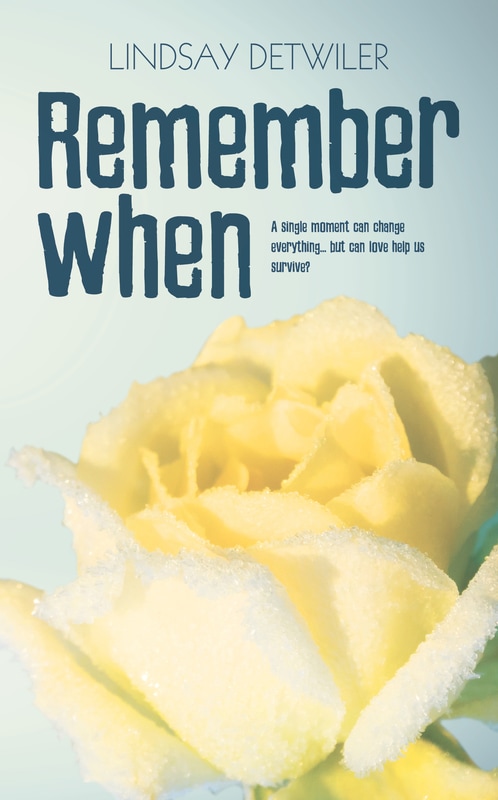
 RSS Feed
RSS Feed